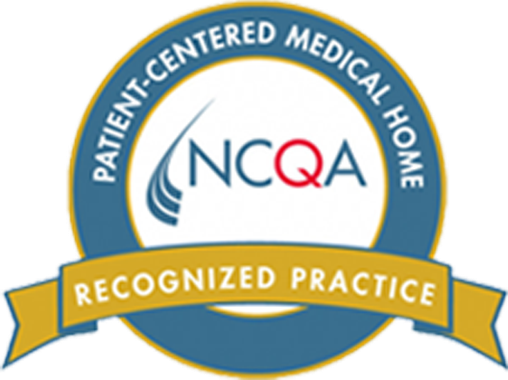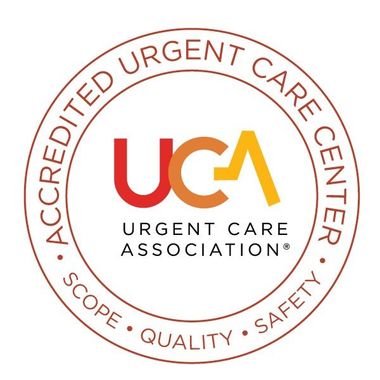Welcome to RBK Pediatrics and Urgent Care
At RBK Pediatrics, your child’s health and happiness are at the heart of everything we do. For over 65 years, families across Long Island have trusted us as their medical home—from routine checkups and immunizations to urgent care and chronic condition management.
We know life with kids can be unpredictable, which is why we make quality pediatric care accessible—open 7 days a week at our convenient Commack and Bay Shore locations. Skip the long waits at the ER! Our child-friendly Urgent Care provides prompt, compassionate care from board-certified pediatricians, whenever your family needs it most.
As a physician-owned and managed independent practice, our experienced doctors lead every decision, putting your child first—never influenced by corporate interests. We’re proud to be a part of the Good Samaritan Pediatric Hospital network, ensuring continuity of care wherever your child needs us.
Easy access matters. Our Patient Portal lets you schedule appointments, check medical records, and communicate with your care team—all at your fingertips.
Why Choose RBK Pediatrics?
- Decades of Trust: Serving generations of families in Commack and Bay Shore for over 65 years
- Physician-Owned & Independent: Medical decisions made for your child—never by outsiders
- Always Here: Open 7 days a week, with both Primary and Urgent Care for kids
- Community Commitment: Deep local roots and a legacy of caring for our neighbors
- Accessible & Efficient: Modern technology, responsive scheduling, and a welcoming atmosphere
Thank you for choosing RBK Pediatrics as your partner in raising healthy, happy children. Explore our website to learn about our services, discover resources on common childhood illnesses, and see why we’re the trusted choice for families on Long Island.
RBK Pediatrics—where your child’s health is always our top priority.










